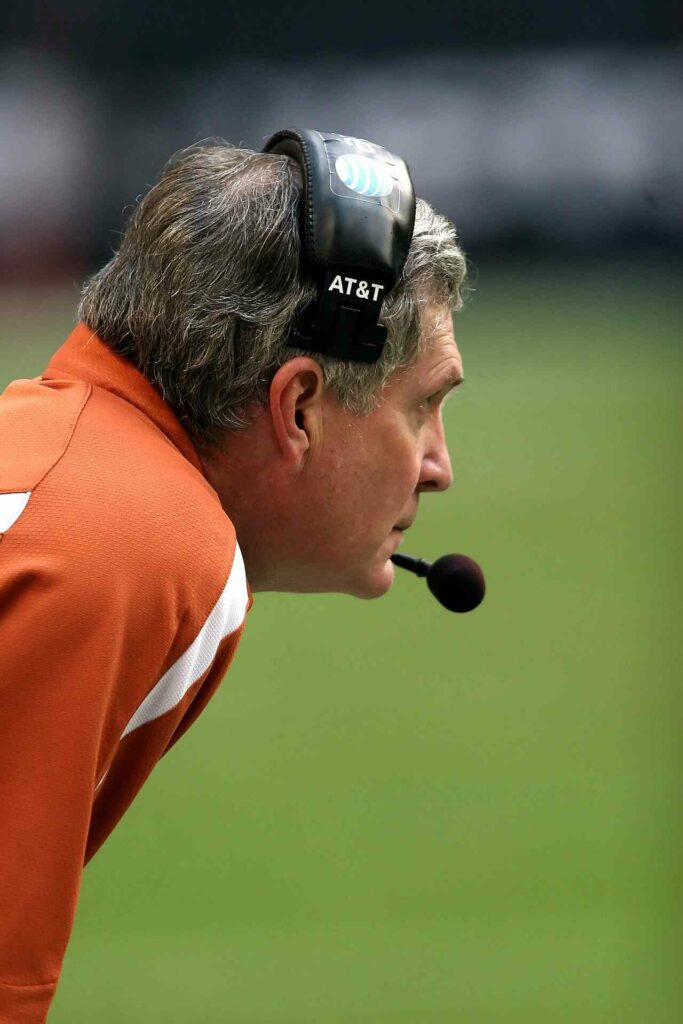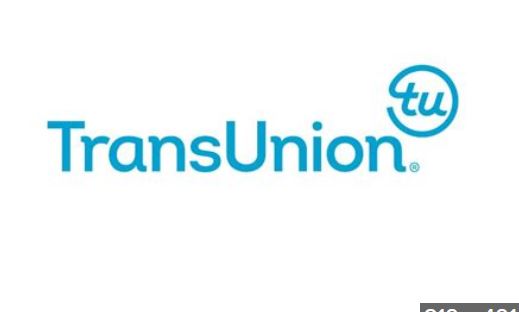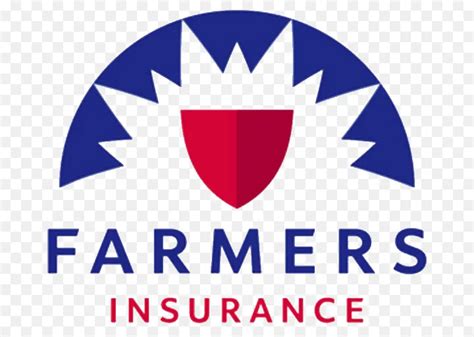NCAA’s Unpaid Volunteer Coaching Rule Violates Antitrust Law – Lawsuit Featured
NCAA and member schools colluded to act as a single buyer cartel to lower costs by prohibiting Division 1 “volunteer coaches” from earning anything in violation of federal law.

The National Collegiate Athletic Association (“NCAA”) is once more the subject of a class action lawsuit. This time the complaint alleges the NCAA, acting like a cartel, engaged in a contract, combination, and conspiracy with its member schools to fix the compensation of certain Division I college coaches at zero.
Plaintiffs claim the NCAA used its “admitted monopsony market power” in the labor market for coaches to, through a binding NCAA bylaw, “fix the compensation of an entire category of college coaches at zero.”
“Persons were hired as coaches by NCAA member institutions, but the schools were prohibited by an NCAA Rule, to which all member institutions agreed to abide, from paying them anything for their work,” the NCAA class action states.
This No Pay Rule was finally abandoned in January 2023 and will officially no longer be effective as of July 1, 2023. However, the past economic damage suffered by coaches who were required to work for no pay remains and the depression of salary levels, which was the purpose and effect of the Rule, is likely to continue.
NCAA, member schools agreed to restrict Division 1 schools to limited number of paid coaches per sport.
For years the NCAA and its member schools agreed to a bylaw that restricted each NCAA Division I school to a limited number of paid coaches for each sport, and another bylaw that allowed them to hire one or more coaches and “pay them nothing,” The NCAA bylaws, which have been recognized as constituting a binding agreement among all the member schools, refer to these coaches as “Volunteer Coaches.“
These volunteer coaches frequently work full time, weekends, early mornings, and late nights and perform many, if not all, of the same job duties as the paid coaches working out of the same set of Athletic Department offices. Yet the volunteer coaches cannot even receive health insurance, house, or other benefits, much less an actual salary in exchange for work performed.
According to the lawsuit, “even if one were the most desirable of such coaches, no member school could offer him or her any salary in order to compete for their services.”
In its January 2023 meeting, the NCAA Division 1 Council took steps to modernize a number of rules including eliminated the voluntary coach designation across Division 1, instead including those coaches within a new limit for countable coaches in each of the application sports.
Lawsuit alleges NCAA and member schools In violation of Sherman Act
The agreements between the NCAA and member schools, in antitrust terms, make the member schools a buyer-side cartel: a group of competitors agreeing to abide by naked horizontal pricing restraints to purposefully restrict competition in the labor market for valuable college coaching service so they can collectively reduce their costs.
The very purpose and actual effect of this horizontal agreement was to fix and suppress salaries so as to make them unresponsive to a competitive marketplace or even one in which basic wage and hour laws are respected. This amounts to an unlawful restraint under Section 1 of the Sherman Act.
Lawsuit seeks to recoup damages sustained by volunteer coaches
The lawsuit seeks to recoup damages sustained by the class of voluntary coaches as a result of collusive and illegal practices employed by the NCAA and to ensure that it refrains from engaging in this conduct ever again.
Who is eligible for this class action?
This class action is open to all persons who, from March 17, 2019 to June 30, 2023, worked for an NCAA Division 1 sports program other than baseball and were designated by NCAA bylaws as a “volunteer coach.”









